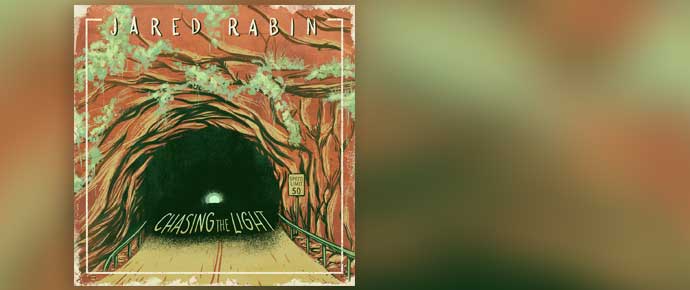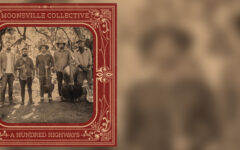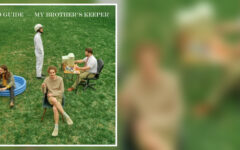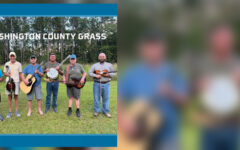
Produced, recorded, and mixed by the artist entirely on his own, Chasing the Light, a new independent release from Jared Rabin, is another fine example of his ability to mine great material from a bluegrass template, while also gleaning a compelling set of songs as a result. Rabin also handles the bulk of the instrumental duties, drawing support from Dan Kristan on bass and the occasional contributions from Pat Lyons on dobro, Drew Littell on percussion, and Ren Patrick on backing vocals. As a result, the album yields a series of cohesive and compelling offerings, all flush with both melody and musicality.
Like his last album, Cold Rain and Snow — rightly hailed in this publication as a work that was spawned from traditional sounds though the filter of folk music and Americana — this new album again brings comparisons to the songs and sensibilities of bands like Nickel Creek, New Grass Revival, and the Punch Brothers in particular.
Then again, Rabin’s efforts and expertise are gleaned from a lifetime spent in pursuit of his own musical possibilities. He began taking music seriously at the age of five, largely influenced by his grandfather, a first chair violinist for the Chicago Symphony Orchestra. He later evolved into a proficient multi-instrumentalist whose wheelhouse had room for a vast variety of sounds and styles, allowing no particular parameters to fence him in.
Not surprisingly then, Chasing The Light, as its title implies, finds him intent on creating a broad emotional connection. While he’s credited with writing the majority of the songs, his takes on Bob Dylans Girl from the North Country and, oddly enough, Stone Temple Pilots otherwise unlikely Vaseline that transform each of those offerings into an emotional encounter. There’s not a single selection that fails to leave a formidable impression, with practically every song — Tunnel’s End, Just Might Breakdown, Catch the Horizon, Lake Affected, and Painted Grey included — coming across with an easy yet affecting embrace.
In short, Chasing The Light is, as its title implies, an illuminating effort, and one that ought to elevate Rabin to the higher pantheons inhabited by those that are bringing bluegrass to the mainstream audience it so decidedly deserves. And it’s that undeniable appeal that becomes ever more apparent throughout.







